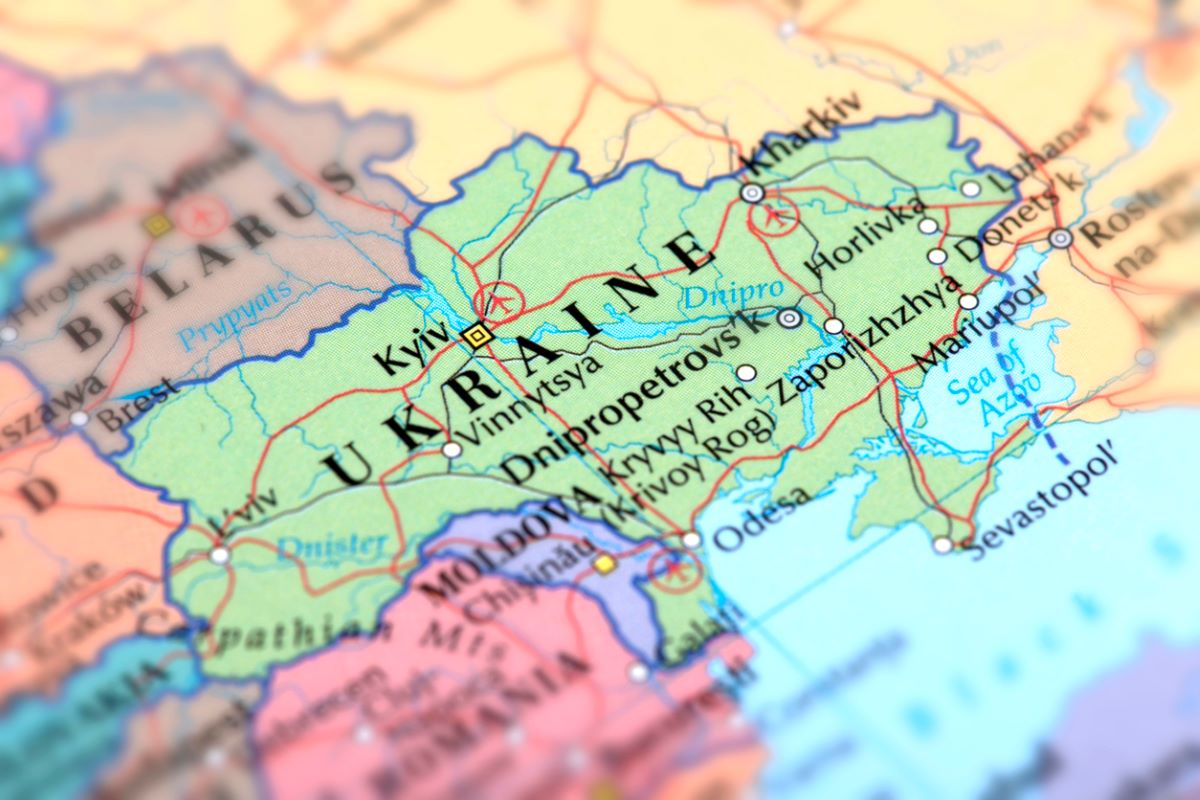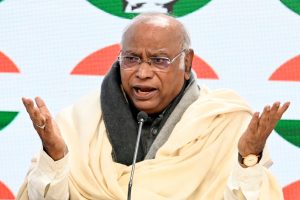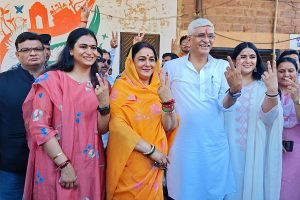The Geneva talks on Ukraine between the US Secretary of State, Antony Blinken, and the Russian foreign minister, Sergey Larov, appeared to have concluded on a rather contrived note of optimism because the sabre-rattling has not quite ended.
Last Friday’s high-stakes meeting concluded Blinken’s whistle-stop European tour; he has been seeking commitments from Washington’s allies on how to respond if Moscow presses ahead with a feared invasion of its neighbour. The United States of America has called on Russia to pull back thousands of troops it has massed near the border with Ukraine, warning any incursion would be met with a swift, severe and united response from the White House and its partners.
Moscow has denied it is planning an attack, and has demanded that the US-headed Nato military alliance end activity in eastern Europe and Ukraine and never embrace the former Soviet republic as a new member. While this is a historically valid demand, it is the rhetoric that dominates headlines.
The Belarusian President, Alexander Lukashenko, has said that Belarus and Russia could “smack so hard that there’ll be hell to pay” if the West and Ukraine keep “bugging” the two close allies. “They should never mess with us. It’s impossible to defeat us.” Tension is being ratcheted up on other fronts as well. Lavrov has called on the West to end the “antiRussia hysteria” after his meeting with Blinken. Russia is not threatening anyone and is not invading any country, he told the media in Geneva, dismissing fears in the West that an invasion of Ukraine could be imminent.
Lavrov criticised what he said was a “Russophobic minority” setting the tone. The minister stressed that the security of one country in Europe could not be guaranteed to the detriment of another. Nato members ~ Estonia, Latvia and Lithuania ~ will provide Ukraine with US-made anti-armour and antiaircraft missiles, their defence ministers have said in a joint statement. Ukraine’s President, Volodymyr Zelenskyy, has thanked Canada for its decision to lend $95.6m to help Ukraine in its standoff with Russia.
“Our two nations share the view that European security is impossible without Ukraine’s security,” Zelenskyy said in a tweet. Canada’s Prime Minister, Justin Trudeau, said his country was also looking at other ways to support Kiev as the crisis with Russia deepens. German Foreign Minister Annalena Baerbock has expressed skepticism about cutting Russian banks off from the Swift global payments system in an interview with the Sueddeutsche Zeitung newspaper. “Decoupling all payment transactions would perhaps be the biggest stick, but not necessarily the sharpest sword,” she told the paper. She said Western countries were looking very closely at which economic and financial sanctions would actually affect the Russian economy and leadership without a bounce-back effect.
“The Chancellor and I have made it quite clear that any means and measures are on the table in terms of further military escalation. And that includes Nord Stream 2,” she said. While presentations were made by a concert of world powers, the road from Geneva is fogbound, as it usually is every January.










